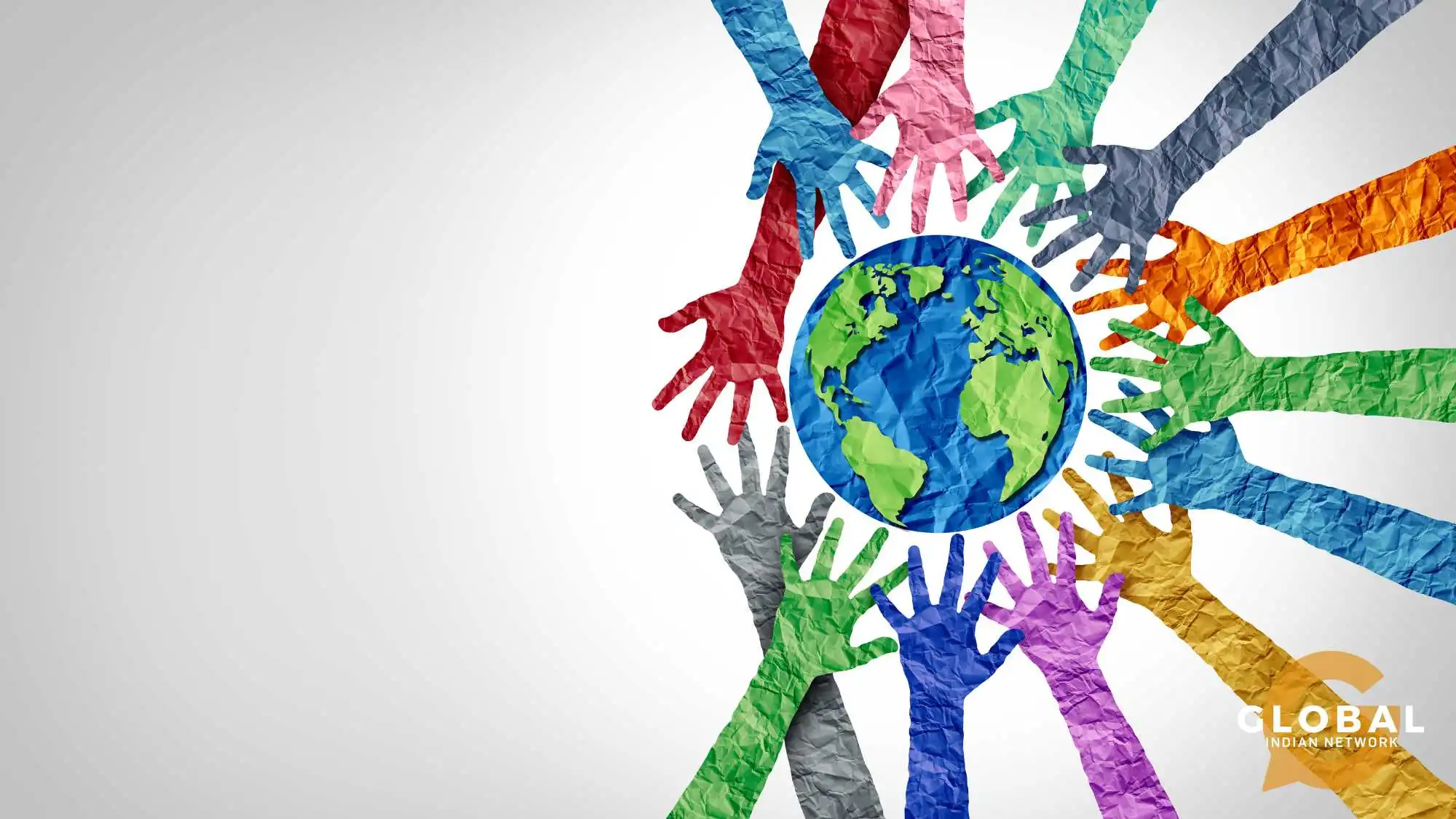What is culturalism? The question has become a relevant aspect since individuals around the world redefine themselves in the face of globalization and dynamic cultures. Essentially, culturalism is a belief system that emphasizes the importance of culture in the development of individuals and groups. It directly ties individual development and social organization to cultural traditions, symbols, and values.
Table of Contents
What is Culturalism: Defining the Concept
What is culturalism? Culturalism is an ideological term with its roots in both philosophy and sociology. It is a structuring power, disintegrating binaries like nature and culture. Rather than viewing them as conflicting entities, what culturalism understands is the strength of culture to connect various cultures and influence personal life. In the anthropological context, culturalism is regarded as a means of understanding the world, as it helps people on their quest for self-discovery and belonging to a group.
The culturalism ideology revolves around sense-making. It claims that human beings utilize symbols and rituals to find their way in society. Cultural practices allow people to form connections with each other, making them feel that they belong collectively and are safeguarded against the risk of having their cultures eroded by minority populations. Culturalism influences the individual, teaching him ideal behaviors and shaping him at the same time as a part of the overall power of society.
The Relationship Between Culture and Individualism
Speaking about culturalism, one must understand that it is closely related to individualism. Whereas culture is the foundational block of tradition and heritage, individualism glorifies the peculiarity of each individual and their likes. On the one hand, culturalism acknowledges that all the values, tastes, and practices of individuals are a result of mass culture.
This synergy of culturalism and individualism makes it possible to see to it that individuals can uphold their origins and remain who they are. To illustrate, culturalism, in multi ethnic states such as India, promotes the respect of communal norms and customs as it serves to empower individuals in their ability to experience personal development, innovativeness, and self-expression.

Challenges in Embracing Culturalism
With the increased globalization of societies, culturalism is faced with several challenges. The tendency of cultural globalization that is usually influenced by technology and international systems is associated with the standardization of expressions and values. This is capable of threatening the uniqueness and integrity of minority cultures. It is important to know what culturalism is to resist this kind of homogenization by recovering the value of local pasts and ancestors’ customs.
The social contexts are never static enough and offer sophisticated levels of challenges to the people who integrate what is culturalism, such as in the workplaces or multicultural teams, the conflict between culturalist and political ideologies may pose hindrances to communication and integration. Racism, stereotyping, and strictness further make the process more complicated, occasionally sabotaging it with attempts to establish mutual respect and effective cooperation.
Those who are stuck to their traditions may be unable to adjust to new cultural settings. This may cause misinterpretation and even war. The only way to overcome these challenges is through continuous communication and readiness to learn about what culturalism is and how it presents itself in various groups.
Social Benefits of Culturalism
Nevertheless, cultural diversity as a result of culturalism has a lot of benefits. It also establishes a good atmosphere in which a person and a team are able to exchange unique perspectives, which enhances creativity and business performance. Culturally diverse professionals who receive the help of what could be called culturalism tend to grow personally and professionally, have an opportunity to discover new problem-solving methods, and have a wider outlook.
Cultural anthropologists who researched “what is culturalism” have discovered that the celebration of differences and recognition of diverse expressions would enhance democratic discourse. Through acceptance of differences that reflect the real meaning of culturalism, groups tolerate differences, have mutual understanding, and add value to their communities.
Culturalism also assists in protecting the marginalized identities and providing them with the right to claim special rights or protection. The awareness and upholding of individual culture, which is a key concept in what constitutes culturalism, is vital towards self-conservation and healthy association with the wider societal issues.
Applying Culturalism in Modern Life
Individuals and leaders should not only stop at theory to answer the question of “what is culturalism?” but also put it into practical use. The only thing that brings about real change is the knowledge of the social democratic infrastructure of the country one is in, and also the consideration of the interaction of the cultural groupings.
To illustrate, culturalism can be applied by businesses through appreciating the backgrounds of employees, fostering non-discriminatory policies, and promoting respectful relations among diverse staff. In teaching, it is possible to build lessons about what culturalism is in education and educate students about the interaction between history, symbolism, and personal values.
The role of researchers, anthropologists, and policymakers in promoting culturalism to minimize the possibility of appropriation and develop healthy criticism is valid. This real-life practice opens a productive platform of multicultural coexistence and innovation.
Conclusion
What is culturalism? It is not merely a theory, but it is a call to action. The ability of societies to learn and respect various cultural forms of expression in individualism gives individuals the power to preserve themselves and embrace development. Culturalism is a defense against homogenization and a way to significant social development.
It is essential that organizations, educators, and their leaders incorporate culturalism into policies and everyday life to introduce inclusive and healthy settings. Culturalism is brought to bear through considerate use and respectful interaction, and so opens the door to societies of both culture and individualism.

FAQs
How does culturalism relate to individualism?
Culturalism cuts across individualism because culture governs community practices, but it also embraces the expression of self-development by individuals within their cultural backgrounds.
Can culturalism protect marginalized groups?
Yes, culturalism provides these marginalized groups with the claim to some special rights and protection, and helps to maintain their particular cultures against the influences of the dominant cultures.
What role do cultural anthropologists play in studying culturalism?
The anthropologists of culture study the advantages and struggles of culturalism, examining cultural manifestations, social relations, and coexisting and developing cultures.









